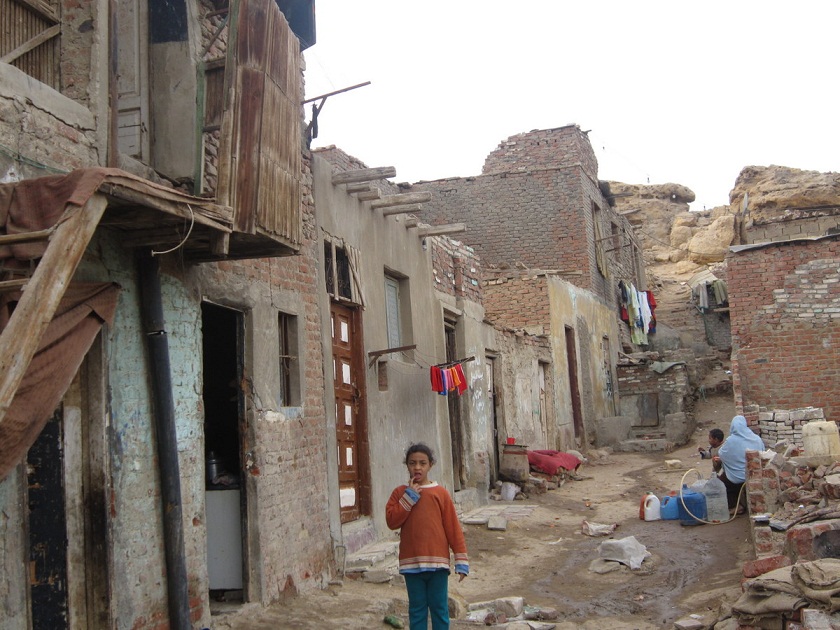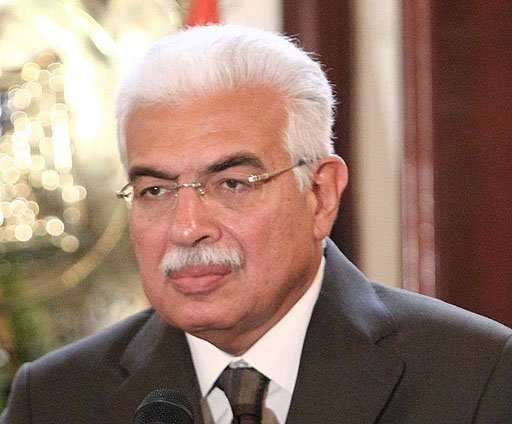
By Ahmed El-Wahsh
With the inauguration of President Abdel Fattah Al-Sisi to the presidential palace, one of the key highlighted sectors that needed up turning and nutriment was Egypt’s economy. On 11 February, the International Monetary Fund (IMF) announced that it had started witnessing a “turnaround” to the Egyptian economy, eight months into Al-Sisi’s reign over the nation. With that being said, Egypt has been able to forecast an overall growth for this new year of 3.8%. With such optimistic figures for the year commencing, Minister of Investment Ashraf Salman proclaimed that Egypt boasts various competitive edges over other nations in the region.
Ever since the rise of the political turmoil back in 2011, the economy has been in perpetual decline. The nation witnessed a divergence of foreign direct investments (FDI) due to negative investments and a decline in the tourism industry – which account for a large cut of the nations gross domestic product (GDP) – because tourists were fleeing due to civil unrest. Ever since then, unemployment and poverty were hovering in the strong double digits.
But sooner rather than later, Egypt has had some reason for optimism – with a population just over ninety-two million inhabitants – as it has attracted several new businesses worldwide. Some of these range from deals struck with Japanese Prime Minister Shinzo Abe to Britain, whose oil and gas companies make it Egypt’s prevalent foundation of financing. Fund managers from the United Arab Emirates have regarded the country as one of the most influential and by far interesting MENA markets.
And throughout the forthcoming years, large corporations have declared investments, such as Nestle that it will pipe approximately $138m into its Egyptian operations, and British Petroleum, which has stated it will also direct $12bn over the next five years. As for the IMF and foreign investors, they have been encouraged and have prospective insight due to the fact that last year Al-Sisi adopted several structural reforms – such as the first few phases of removing fuel subsidies and tax restructuring – reducing the national deficit to 12% of the GDP. And with 2015’s agenda and plans, especially with the liberalisation of the Egyptian pound on the exchange rate, allowing the Pharaonic pound to slightly devalue to augment tourism and trade.
But on the contrary, many are yet to be reassured that Egypt is of striking prospects. New regulations are still disarranged and public finances tend to fill the gaps in army businesses. The Egyptian workforce is an unskilled one, but has yet become very expensive due to a minimum wage increase in the public sector salaries, putting less demand on private sector employment and channelling most people to the public sector for “free” wages.
Ahmed El-Wahsh holds a masters degree in Banking and Finance from Queen Mary, University of London. He works as an assistant portfolio manager at QUMMIF Investment Hedge Fund


